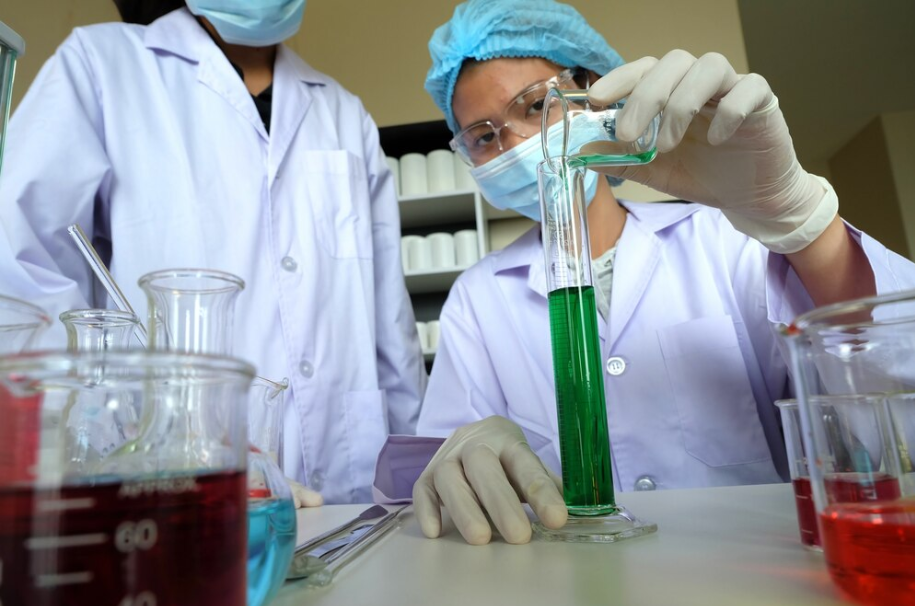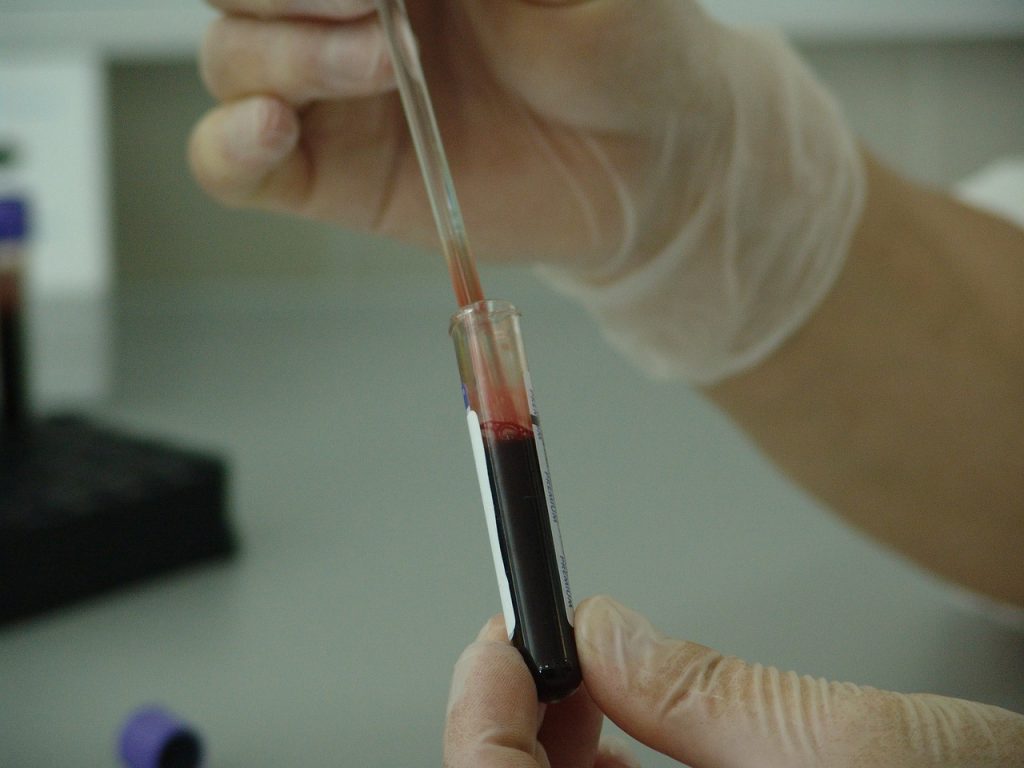Get Precise Services:
Immunology


Advanced Service Lab
An immunology service lab is a specialized laboratory that focuses on studying and diagnosing immune system-related disorders. These labs perform a variety of tests to evaluate the functioning of the immune system, detects immunodeficiencies, autoimmune diseases, allergies, and other immune-related conditions.
Here is a detailed breakdown of an immunology service lab:
Sections
Specimen Collection and Processing
- Blood Samples: Primarily used for immunological tests. Collected in tubes with appropriate anticoagulants.
- Tissue Biopsies: Used for histological examination and flow cytometry.
- Body Fluids: Such as cerebrospinal fluid, urine, and synovial fluid for specific tests.
Serology
- Antibody Testing: Measures specific antibodies (IgG, IgA, IgM, IgE) to identify infections, autoimmune diseases, and allergies.
- Complement System Analysis: Assesses the activity of the complement system, a part of the immune response.
Cellular Immunology
- Flow Cytometry: Analyzes the characteristics of immune cells (e.g., T cells, B cells, NK cells) by labeling with specific antibodies.
- Lymphocyte Proliferation Tests: Measures the ability of lymphocytes to proliferate in response to specific stimuli.
Autoimmune Disease Testing
- Autoantibody Panels: Detects antibodies directed against self-antigens, common in autoimmune diseases like rheumatoid arthritis, lupus, and multiple sclerosis.
- Antinuclear Antibody (ANA) Test: Screens for antibodies that attack cell nuclei, indicative of systemic autoimmune diseases.
Allergy Testing
- IgE Testing: Measures specific IgE antibodies against various allergens (e.g., pollen, foods, dust mites).
- Skin Prick Tests: Determines allergic sensitivities by introducing small amounts of allergens into the skin.
Cytokine and Chemokine Analysis
- ELISA (Enzyme-Linked Immunosorbent Assay): Quantifies cytokines and chemokines in serum or plasma to evaluate immune responses.
- Multiplex Assays: Simultaneously measures multiple cytokines/chemokines in a single sample.
Immunophenotyping
- Characterization of Immune Cells: Determines the types and states of immune cells in diseases like leukemia, lymphoma, and HIV.
Lab Techniques
ELISA (Enzyme-Linked Immunosorbent Assay)
- Used for detecting and quantifying soluble substances such as proteins, antibodies, and hormones.
Flow Cytometry
- Analyzes the physical and chemical characteristics of cells or particles using laser technology.
Western Blotting
- Used to detect specific proteins in a sample by separating them via gel electrophoresis and transferring them to a membrane.
PCR (Polymerase Chain Reaction)
- Amplifies specific DNA sequences, useful in detecting infections and genetic predispositions to immune disorders.
Immunofluorescence
- Uses antibodies labeled with fluorescent dyes to detect specific antigens in tissues or cells under a microscope.
Lab Personnel
Immunologists
- Medical doctors or scientists specializing in the immune system and its disorders.
Medical Laboratory Scientists/Technologists
- Conduct and interpret complex immunological tests and procedures.
Lab Technicians
- Assist in sample preparation, basic lab tasks, and maintenance of equipment.
Phlebotomists
- Specialize in drawing blood samples from patients.
Quality
Internal Quality Control (IQC)
- Routine checks to ensure test accuracy and reliability within the lab.
External Quality Assessment (EQA)
- Participation in external proficiency testing to benchmark and improve lab performance.
Safety
Biosafety
- Adhering to protocols to prevent exposure to infectious agents and hazardous materials.
Chemical Safety
- Proper handling, storage, and disposal of chemicals used in testing.
Regulatory Compliance
- Meeting standards set by accrediting bodies and government regulations (e.g., CLIA, CAP).
Applications
Diagnosis of Immunodeficiencies
- Identifying primary and secondary immunodeficiencies that lead to increased susceptibility to infections.
Autoimmune Disease Management
- Detecting and monitoring autoimmune diseases to guide treatment plans.
Allergy Testing
- Identifying specific allergens causing allergic reactions and aiding in allergy management.
Infectious Disease Diagnosis
- Detecting antibodies or antigens associated with infections such as HIV, hepatitis, and COVID-19.
Cancer Immunotherapy
- Assessing the immune system’s response to cancer and monitoring the effectiveness of immunotherapies.
Tech Advances
Next-Generation Sequencing (NGS)
- Enables comprehensive analysis of genetic variations affecting the immune system.
High-Throughput Screening
- Allows simultaneous testing of multiple samples or conditions, increasing efficiency and data generation.
Artificial Intelligence and Machine Learning
- Enhances data analysis, pattern recognition, and predictive modeling in immunological research.
Future Directions
Complexity of Immune System
- Understanding the intricate and dynamic interactions within the immune system.
Personalized Medicine
- Developing individualized diagnostic and treatment approaches based on a patient’s immune profile.
Integration with Genomics
- Combining immunology with genomics to uncover the genetic basis of immune disorders and responses.
Global Health
- Addressing emerging infectious diseases and global health challenges through immunological research and diagnostics.
